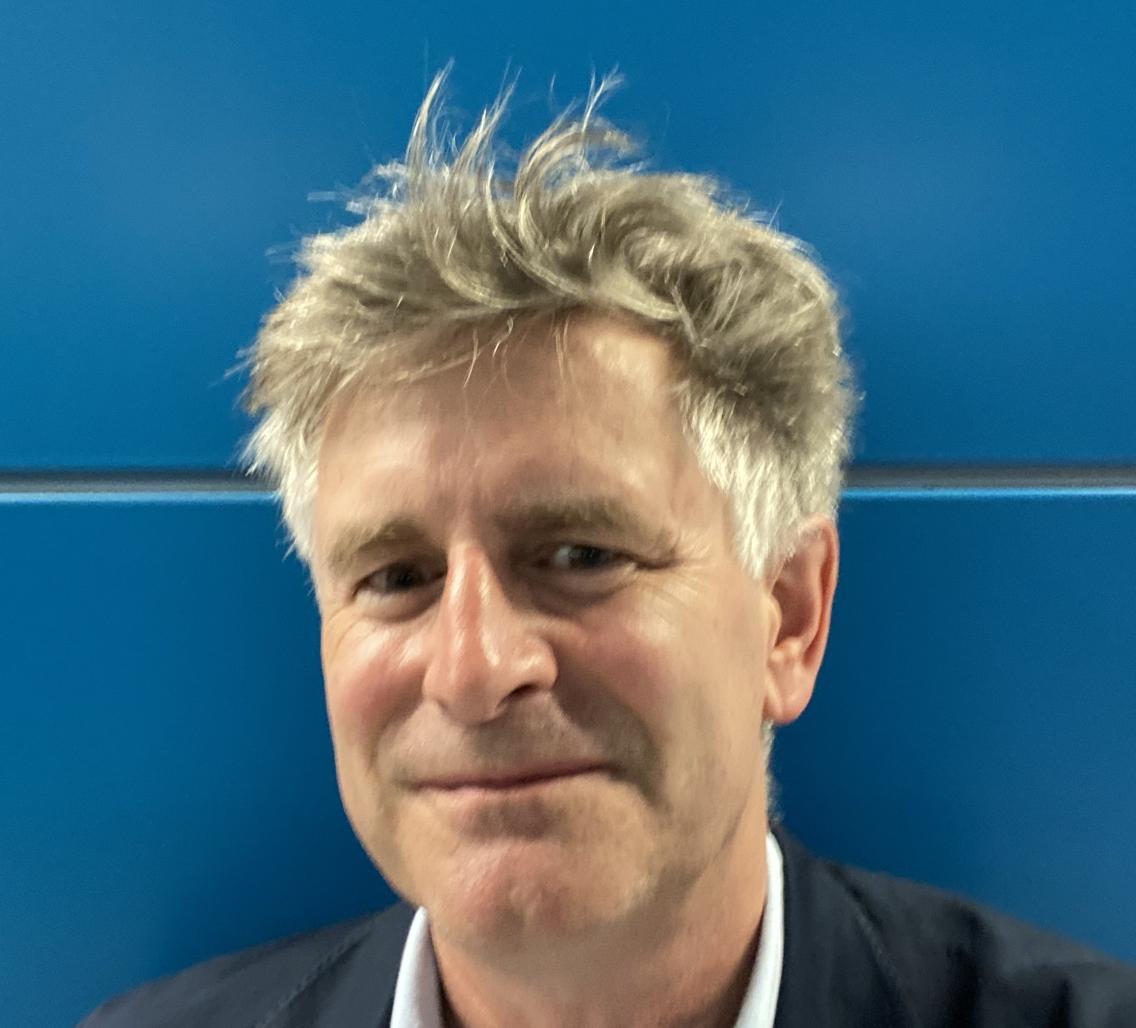Event Details:

Join the speaker for coffee, cookies, and conversation before the talk, starting at 11:45am.
Illuminating causal links between neural circuit activity and behavior
Abstract
Understanding the causal relationship between activity patterns in neural circuits and behavior is one of the fundamental questions in systems neuroscience. Addressing this problem requires the ability to perform rapid and targeted interventions in ongoing neuronal activity at cellular resolution and with millisecond precision. I will describe results of experiments using a powerful new "all-optical" strategy for interrogating neural circuits which combines simultaneous two-photon imaging and two-photon optogenetics. This enables the activity of functionally characterized and genetically defined ensembles of neurons to be manipulated with sufficient temporal and spatial resolution to enable physiological patterns of network activity to be reproduced. We have used this approach to identify the lower bound for perception of cortical activity, probe how brain state influences the role of cortex in perception, and provide causal tests of the role of hippocampal place cells in spatial navigation.
Michael Häusser, Ph.D.
University College London
Michael Häusser is a Wellcome Trust Principal Research Fellow and Professor of Neuroscience at University College London. He leads a lab at the Wolfson Institute for Biomedical Research, focusing on the computational mechanisms of neural circuits in the mammalian brain. His interdisciplinary research spans molecular, cellular, systems, and computational neuroscience, with a strong emphasis on developing neurotechnological tools.
Dr. Häusser obtained his D.Phil. in Physiological Sciences from the University of Oxford and his B.Sc. in Physiology from the University of British Columbia. His career includes prestigious fellowships at the Max-Planck Institut für medizinische Forschung and the Ecole Normale Supérieure, as well as a visiting scientist position at Bell Laboratories.
His lab has pioneered techniques like two-photon imaging combined with patch-clamp recording and played a key role in developing Neuropixels silicon probes. Recently, they introduced an "all-optical interrogation" strategy for neural circuits, linking neural activity to behavior.
Dr. Häusser is also Director of the Wellcome 4-year PhD Programme in Optical Biology and a facilitator at the International Brain Laboratory. He has received numerous accolades, including the Feldberg Prize and election as a Fellow of the Royal Society.
Hosted by - Longzhi Tan (Tan Lab)
Spring Seminar Series Feedback Survey
The Wu Tsai Neurosciences Institute seminar series garners it success from the direct contributions of our neuroscience community. Help ensure the continued success of this series by completing a 5-minute survey on the spring quarter seminar series.
About the Wu Tsai Neurosciences Seminar Series
The Wu Tsai Neurosciences Institute seminar series brings together the Stanford neuroscience community to discuss cutting-edge, cross-disciplinary brain research, from biochemistry to behavior and beyond.
Topics include new discoveries in fundamental neurobiology; advances in human and translational neuroscience; insights from computational and theoretical neuroscience; and the development of novel research technologies and neuro-engineering breakthroughs.
Unless otherwise noted, seminars are held Thursdays at 12:00 noon PT.
About the Wu Tsai Neuro Seminar Series Sign up to learn about all our upcoming events